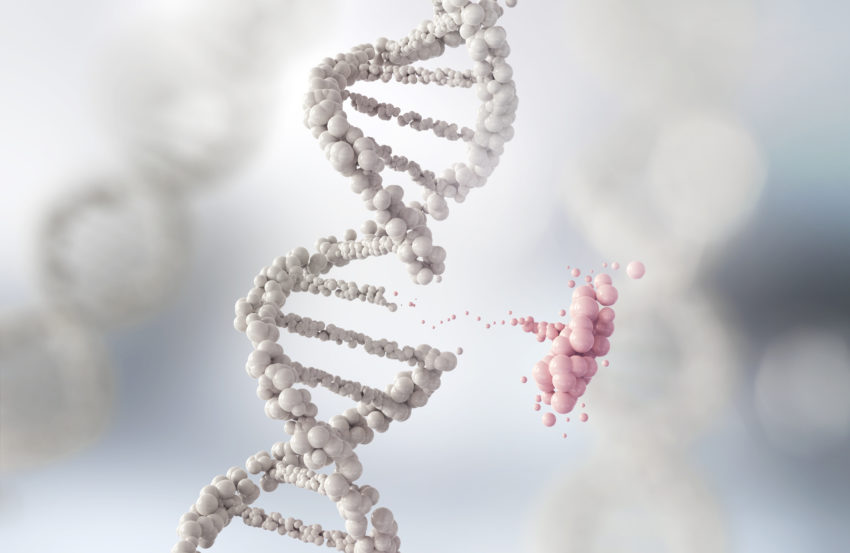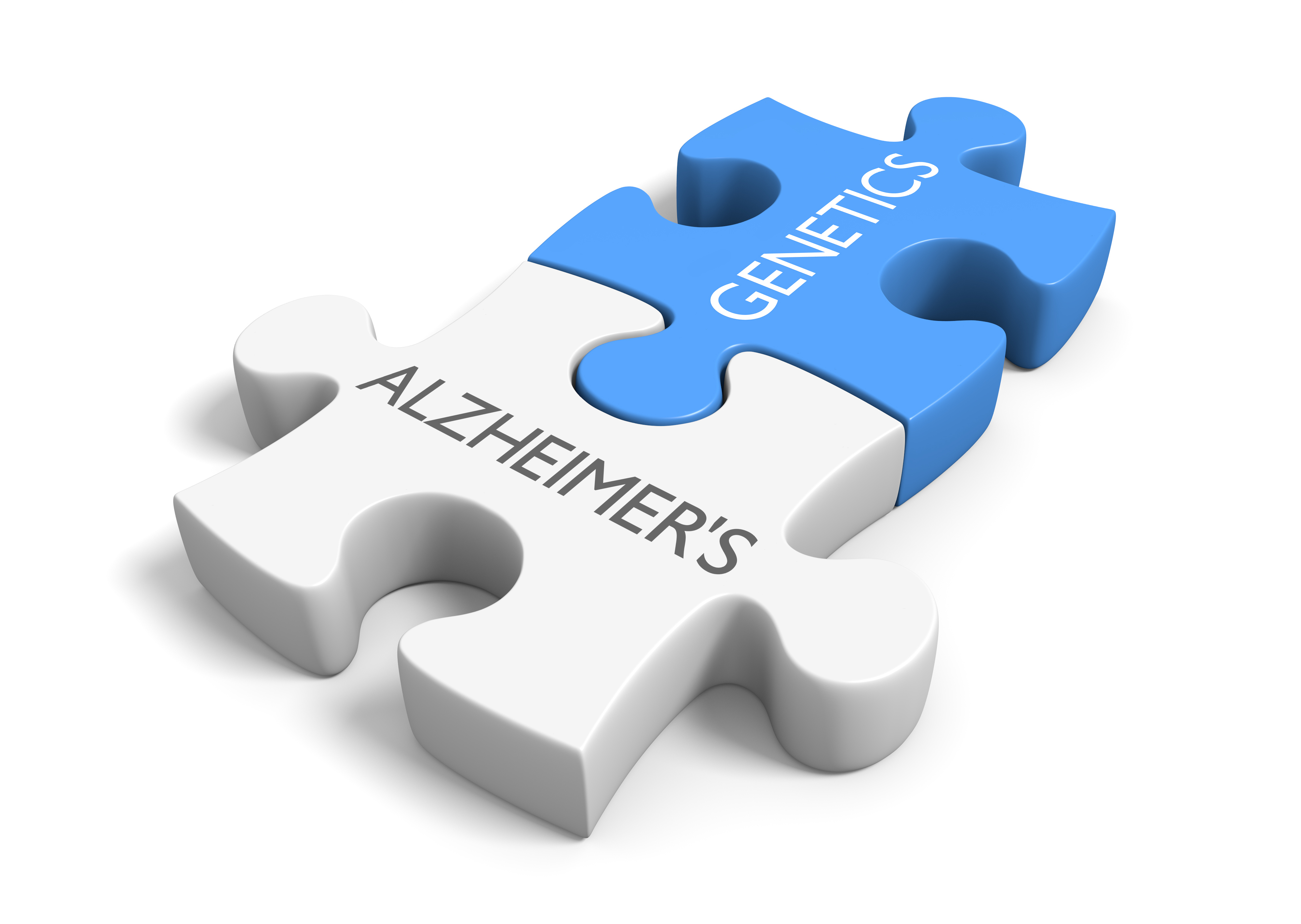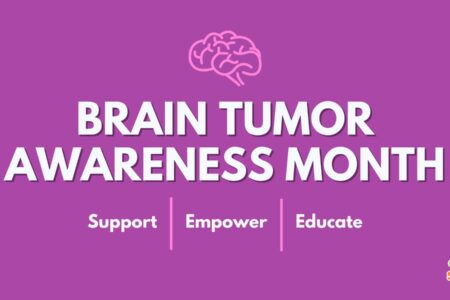
Share On Social!
U.S. Latinos are 1.5 times more likely to develop Alzheimer’s disease than whites.
But the reasons for this big disparity is still poorly understood—and highly controversial.
Scientists believe that many factors influence when Alzheimer’s disease begins and how it progresses. The more they study this devastating disease, the more they realize that genes play an important role.
Research conducted and funded by the National Institute on Aging at the National Institutes of Health and others is advancing our understanding of Alzheimer’s disease genetics.
Genetic Mutation in Alzheimer’s Disease
Some diseases are caused by a genetic mutation, or permanent change in one or more specific genes, according to a fact sheet by the National Institute on Aging. If a person inherits from a parent a genetic mutation that causes a certain disease, then he or she will usually get the disease.
 There are two type of Alzheimer’s early-onset and late-onset, both types have genetic component which varies among different race.
There are two type of Alzheimer’s early-onset and late-onset, both types have genetic component which varies among different race.
Researchers have not found a specific gene that directly causes the late-onset form of the disease.
However, one genetic risk factor—having one form of the apolipoprotein E (APOE) gene on chromosome 19—does increase a person’s risk. Studies showed that Caribbean Hispanics have an increased frequency of Alzheimer’s disease compared to White Non-Hispanics, regardless of APOE genotype. Studies have found that APOE ε4 allele (an allele is associated with an earlier age of disease onset) is associated with Alzheimer’s disease in the Latino population which may be contributing factors to the increased prevalence and early onset of the disease among the Latino population.
Specific genetic mutations associated with inherited Alzheimer’s disease have been found in the Latino population.
A novel G206A mutation in Presenilin 1 (PSEN1) was identified in a cohort of Caribbean Hispanics in New York and the Dominic Republic. In those of Mexican origin, two different PSEN1 mutations have been identified.
It is tempting to speculate that the early onset among Latinos could be influenced by the inclusion of undetected inherited Alzheimer’s disease cases.
Therefore, the identification of these mutations exclusive to subgroups of Latinos should also be taken into consideration by scientists during the establishment of cohorts and by physicians during clinical evaluations for Alzheimer’s disease.
Research should be directed to understand the penetrance of the identified founder mutations as well as to the identification of genetic factors that are linked to increased Alzheimer’s disease risk within the Latino population.
Other Risk Factors

A childhood virus may play a role in Alzheimer’s development.
Also, lifestyle and socioeconomic risk are other factors that affect disease prevalence in Latinos.
Diabetes rates, both diagnosed and not diagnosed, is 86% higher among adult Latinos than their white peers, according to a 2014 CDC report that suggests that diabetes could contribute to the rising rates of Alzheimer’s in Latinos.
Recent research by University of Illinois, Chicago found that some of the genes affected by alcohol and inflammation are also concerned with the disease. Alcoholism is a rising health crisis for Latinos. Lack of sleep may also boost risk of Alzheimer’s.
Not only that, Latino caregivers of Alzheimer’s Disease patients deal with high levels of stress, anxiety, and depression symptoms, studies show.
Whether behavioral, lifestyle, or genetic risk factors are a cause, experts agree on one thing: The time to act is now.
“Now is the time for our elected leaders to act. Their leadership is needed now more than ever and they need to hear your voice in Washington, D.C. and your state capitol,” according to the Alzheimer’s Association, which is pushing a federal legislative agenda and pushing for local advocate support. “Become an Alzheimer’s advocate in your community. Together we can create a world without Alzheimer’s.”
Explore More:
Healthy Families & SchoolsBy The Numbers
142
Percent
Expected rise in Latino cancer cases in coming years



